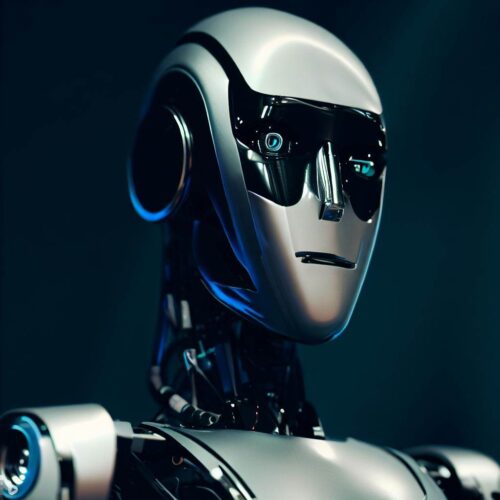The future of AI is a topic that many people are curious and excited about. AI is constantly changing our world and has the potential to improve the quality of life for billions of people. However, AI also poses some challenges and risks that need to be addressed responsibly and ethically.
According to various sources, some of the trends and predictions for the future of AI are:
- AI will continue to transform various industries and domains, such as healthcare, education, entertainment, security, and more. AI will enable new discoveries, innovations, and solutions that will benefit humanity and society123.
- AI will become more accessible, ubiquitous, and integrated into our everyday lives. AI will power more devices, applications, and services that we use on a daily basis, such as voice assistants, smart homes, autonomous vehicles, and more.
- AI will become more collaborative, cooperative, and human-centric. AI will work more closely with humans in teams, complementing our strengths and weaknesses. AI will also learn from humans and teach humans new skills and knowledge.
- AI will face more ethical, social, and legal challenges and opportunities. AI will raise issues of privacy, bias, fairness, accountability, transparency, safety, security, and human dignity. AI will also create new opportunities for social good, such as reducing poverty, improving health, and protecting the environment. AI will require more regulation, governance, and education to ensure that it is aligned with human values and goals
These are just some of the possible scenarios for the future of AI. Of course, no one can predict the future with certainty, but we can prepare for it by understanding the current state of AI and its impacts on the world. As the famous computer scientist Alan Turing once said: “We can only see a short distance ahead, but we can see plenty there that needs to be done.”
Some cool facts
Sure, I can show you some cool facts. Here are some that I found interesting:
- The world’s oldest wooden wheel has been around for more than 5,000 years. It was found in 2002 in Slovenia and is now in a museum1.
- Dead skin cells are a main ingredient in household dust. Humans shed around 200 million skin cells each hour, which accumulate indoors2.
- Sudan has more pyramids than any country in the world. Sudan has around 255 pyramids, while Egypt has 1383.
- The bumblebee bat is the world’s smallest mammal. It weighs only 0.05 to 0.07 ounces and has a wingspan of 5.1 to 5.7 inches.
- A snail can sleep for three years. Snails can enter a long period of dormancy called estivation when the weather is too hot or dry.

